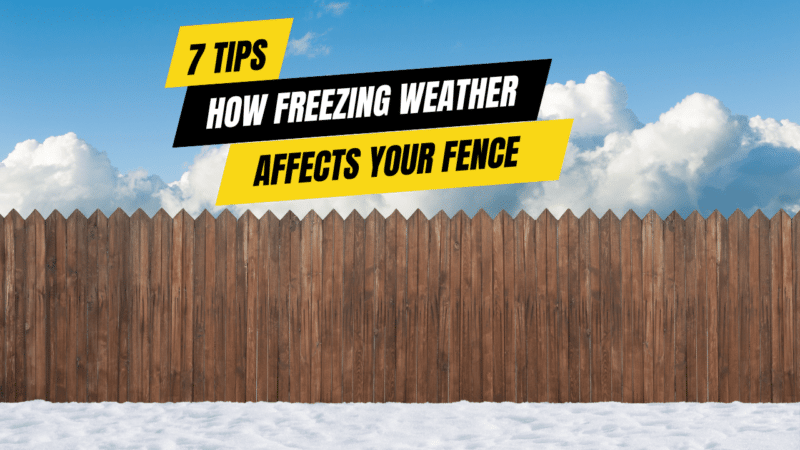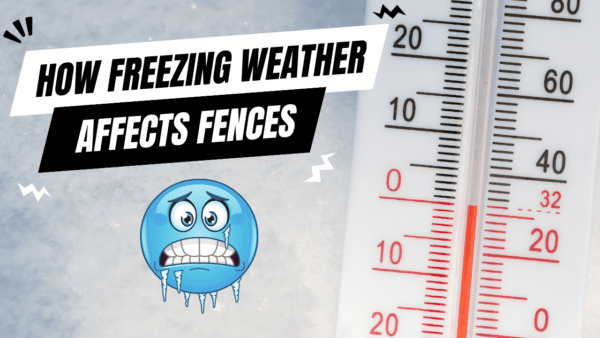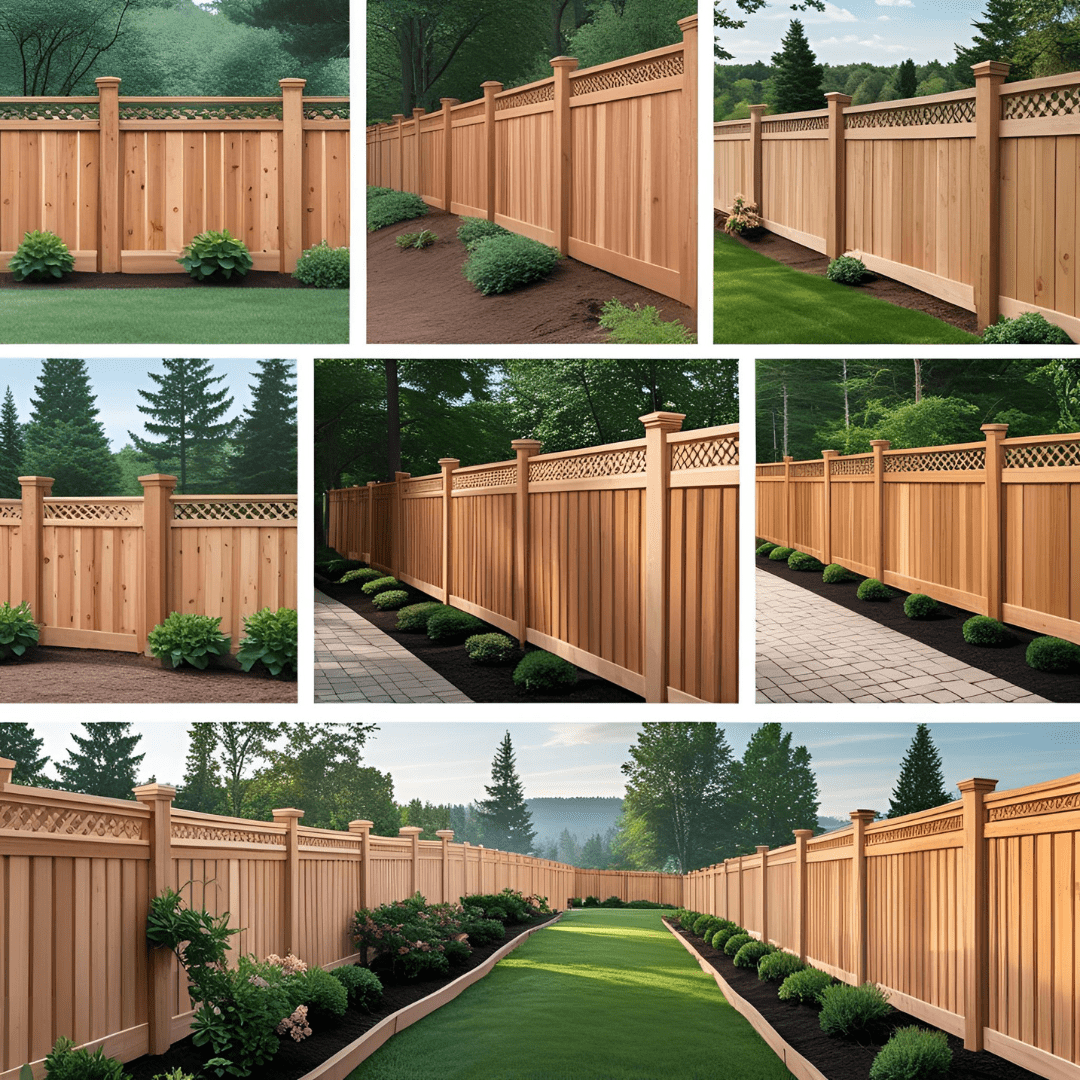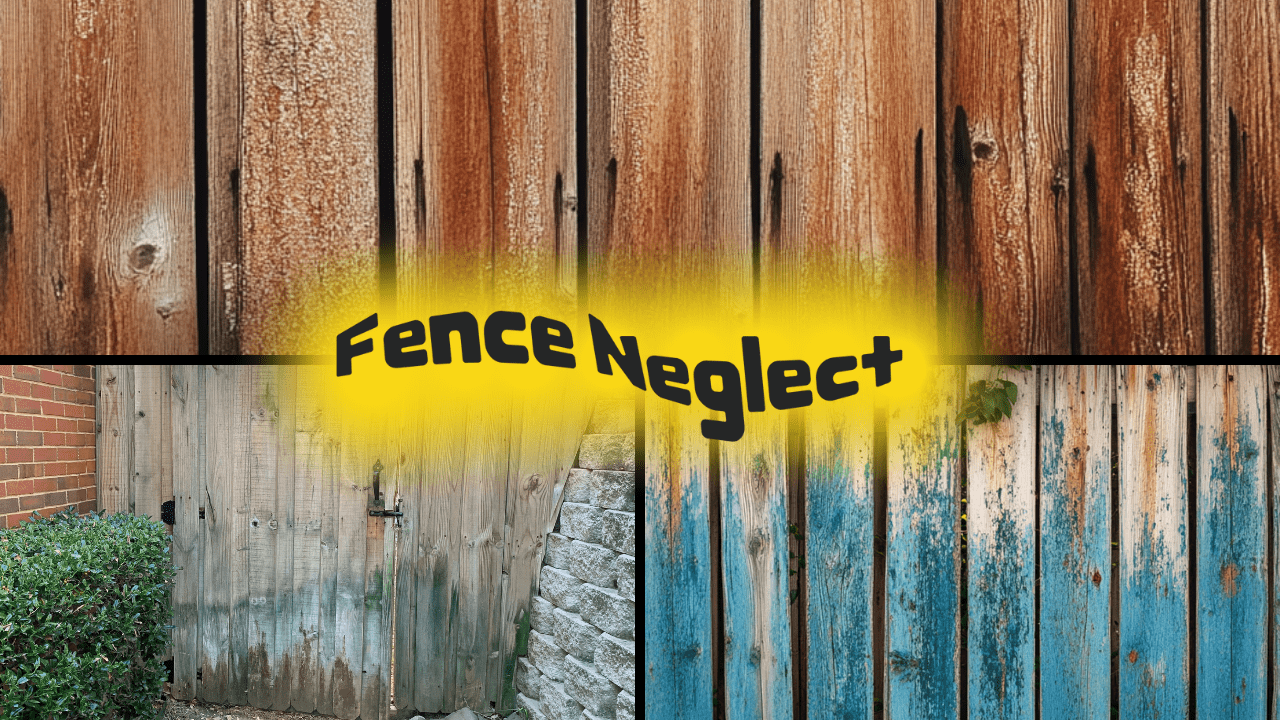
Wood Fence Winter Maintenance: 7 Essential Tips for Homeowners
How Freezing Weather Affects Your Fence

1. Moisture Absorption & Expansion
Wood is naturally porous, meaning it absorbs moisture from rain, frost, and ice. When temperatures drop, trapped moisture within the wood can freeze and expand, causing cracks, warping, and splitting. Pine fences, being softer, absorb more moisture and are more prone to these issues than cedar fences.
2. Freeze-Thaw Cycle & Structural Damage
The freeze-thaw cycle is one of the most damaging aspects of winter for wooden fences. As moisture in the wood freezes, it expands, and when it thaws, it contracts. This repeated process weakens the wood fibers over time and can lead to significant deterioration. Additionally, freeze-thaw cycles can loosen fence posts, making them wobbly and unstable.
3. Post Stability & Frost Heave
Frost heave occurs when freezing temperatures cause the ground beneath your fence posts to expand, potentially pushing posts upward and shifting them out of alignment. Properly installed posts, set deep in concrete and below the frost line, can help minimize this risk. Cedar and pressure-treated pine posts are better at resisting rot, but stability is still key.
4. Cracking & Splitting Risks
Wood naturally expands and contracts with temperature changes, leading to potential cracks and splits. Cedar is more resistant to cracking than pine, but both types of wood can develop damage if left unprotected. Once cracks form, they allow even more moisture to seep in, accelerating decay.
5. Protective Sealants & Routine Maintenance
Applying a high-quality wood sealant or stain before winter can help protect your fence from moisture penetration. If your fence is already sealed, inspect it before winter begins and reapply if needed. Additionally, ensure proper drainage around the fence posts to prevent water pooling, which can lead to ice buildup and damage.
6. Snow and Ice Load Impact
Although North Texas does not experience frequent heavy snowfall, ice accumulation can still put unnecessary stress on your fence panels, potentially causing sagging or breakage. Homeowners should gently remove excess ice buildup and avoid piling shoveled snow against the fence to prevent added weight and pressure.
7. Fasteners & Hardware Issues
Metal fasteners, such as nails, screws, and brackets, contract in freezing temperatures, sometimes loosening and weakening the overall structure. Regular inspections can help identify and tighten any compromised fasteners before they cause bigger issues.
Cedar vs. Pine: Which Holds Up Better in the Cold?
- Cedar: Naturally more resistant to moisture, rot, and cracking. Less likely to warp but still benefits from protective sealant.
- Pine: More prone to moisture damage unless pressure-treated. Softer and more susceptible to expansion/contraction issues.
Best Practices for Wood Fence Winter Maintenance
- Apply a weatherproof sealant before winter.
- Check for cracks, loose boards, or weak posts and repair them early.
- Ensure fence posts are deep enough to avoid frost heave.
- Keep excess water and debris away from the base of the fence.
- Inspect and tighten hardware regularly.
By following these steps, you can help your wood fence withstand winter weather and extend its lifespan. If you’re unsure about the condition of your fence, consider a professional inspection before winter sets in!
Need Help with Wood Fence Winter Maintenance?
Don’t let winter damage your fence! We have been proudly serving North Texas, Plano, Frisco, McKinney and surrounding areas with an A+ rating from the BBB since 2005. Contact us today for a free estimate on expert fence maintenance, repairs, and sealing services.
Keep your fence in top shape year-round with trusted professionals!



